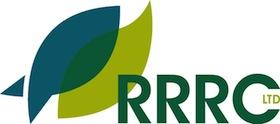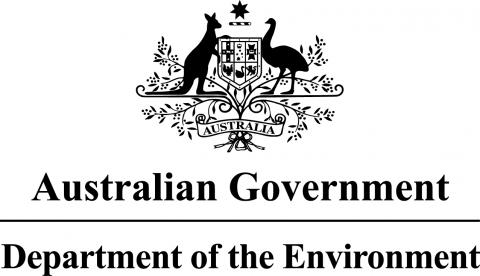Measuring Cumulative Pressures on Coral Reefs
Measuring Cumulative Pressures on Coral Reefs
Near shore coral reefs are at the intersection of multiple environmental changes. Some of the changes are driven by human activities at a local scale, while others are driven by human activities at a global scale. Understanding how the local changes modify the impact of the global changes will help guide management designed to mitigate their impacts, and restore coastal ecosystems.
Local stressors, such as eutrophication, habitat modification and destruction, overfishing and pollutant runoff have a substantial cumulative environmental effect in their own right. However, when these overlay increasing global stressors, such as warming of surface waters and ocean acidification, near shore ecosystems can be stressed beyond critical thresholds.
Tropical Ecosystems Hub researchers from Project 5.2 ‘Experimental and Field Investigations of Combined Water Quality and Climate Effects on Corals and other Organisms’ are investigating individual and synergistic effects of water quality and global change on reproduction, larval development and settlement of key coral reef invertebrates, including corals, bryozoa, molluscs and crustose coralline algae.
Experiments undertaken include investigating the effects of light reduction and ocean acidification on seagrass species; the influence of ocean acidification on the thermal bleaching susceptibility of corals; and the effect of sedimentation, temperature and organic nutrient enrichment on the early life history stages of coral species.
Results from these studies will have direct implications for determining environmental thresholds in coastal waters and will inform prioritisation of investment in remediation works. Results may also have direct implications for the management conditions that apply, for example, to dredging operations on the Great Barrier Reef coast.
The findings of the project team endorse those from other projects, including Project 4.1, Project 4.2 and Project 5.3, that improving light availability in coastal marine habitats by reducing the turbidity associated with land-runoff will provide more resilience to future climate change. The project also has strong linkages to, and collaboration with, the Reef Marine Monitoring Program.
Contact Dr. Sven Uthicke (s.uthicke@aims.gov.au) for more information.



